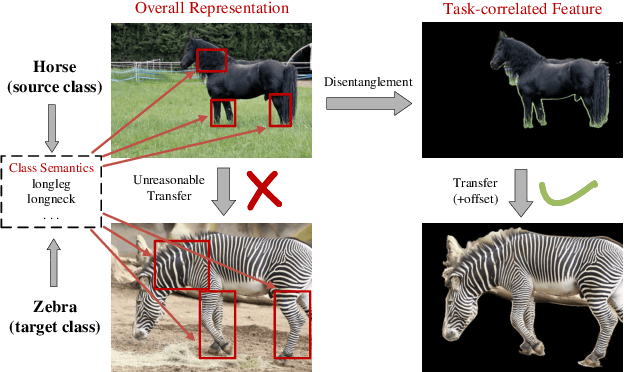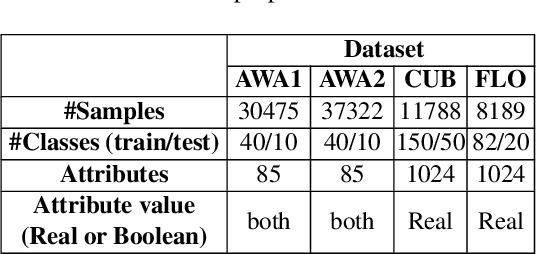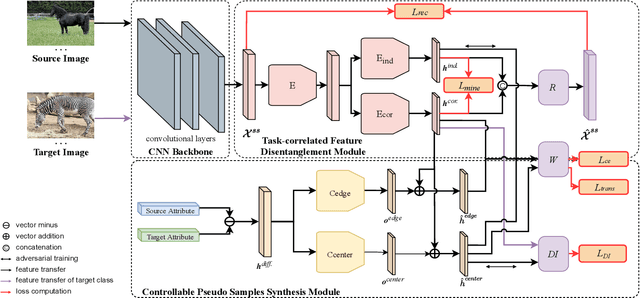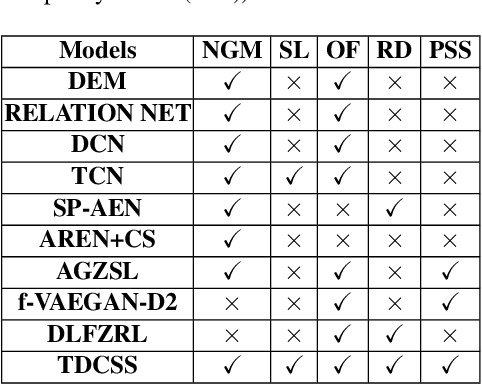Non-generative Generalized Zero-shot Learning via Task-correlated Disentanglement and Controllable Samples Synthesis
Paper and Code
Mar 13, 2022



Synthesizing pseudo samples is currently the most effective way to solve the Generalized Zero Shot Learning (GZSL) problem. Most models achieve competitive performance but still suffer from two problems: (1) Feature confounding, the overall representations confound task-correlated and task-independent features, and existing models disentangle them in a generative way, but they are unreasonable to synthesize reliable pseudo samples with limited samples; (2) Distribution uncertainty, that massive data is needed when existing models synthesize samples from the uncertain distribution, which causes poor performance in limited samples of seen classes. In this paper, we propose a non-generative model to address these problems correspondingly in two modules: (1) Task-correlated feature disentanglement, to exclude the task-correlated features from task-independent ones by adversarial learning of domain adaption towards reasonable synthesis; (2) Controllable pseudo sample synthesis, to synthesize edge-pseudo and center-pseudo samples with certain characteristics towards more diversity generated and intuitive transfer. In addation, to describe the new scene that is the limit seen class samples in the training process, we further formulate a new ZSL task named the 'Few-shot Seen class and Zero-shot Unseen class learning' (FSZU). Extensive experiments on four benchmarks verify that the proposed method is competitive in the GZSL and the FSZU tasks.
 Add to Chrome
Add to Chrome Add to Firefox
Add to Firefox Add to Edge
Add to Edge